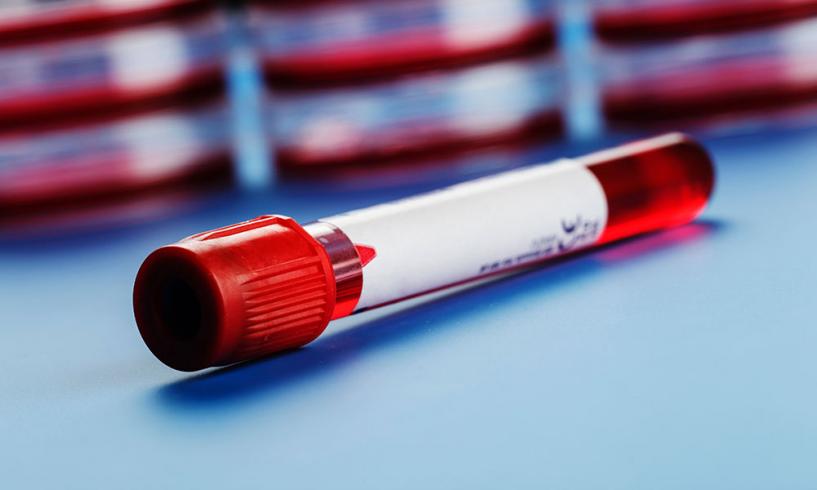Patients receiving stereotactic body radiation therapy (SBRT) for early-stage non-small cell lung cancer (NSCLC) who have anemia at diagnosis may be more likely to have aggressive disease with poor survival and non-local progression, according to findings from a new study published in the Journal of Thoracic Oncology.
Researchers analyzed data from 147 patients with stage I NSCLC who received SBRT. Pretreatment hemoglobin levels were measured to determine whether an association existed with local, regional, and distant control; disease-free survival; and overall survival.
At a median follow-up of 28.9 months, the three-year local, regional, and distant control rates were 95%, 87%, and 89%, respectively. The three-year survival rate was 75% and the three-year disease-free survival rate was 83%.
However, the data showed that pretreatment hemoglobin levels less than 12.2 g/dl were associated with poor regional control, poor disease-free survival, and poor overall survival (p = 0.02, 0.03, and 0.05, respectively). The three-year disease-free survival for patients with anemia was 70%, compared with 94% among patients with hemoglobin levels higher than 12.2 g/dl (p = 0.008).






